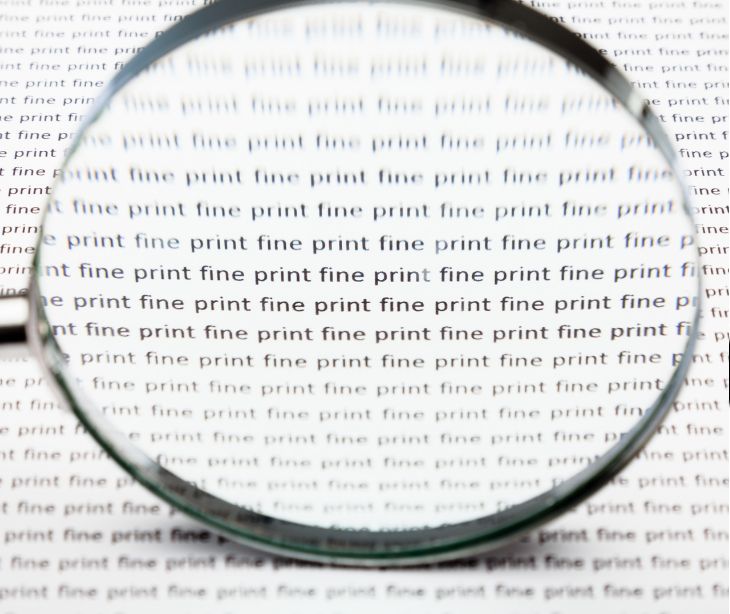
Dental practices, as covered entities, must adhere to regulations that safeguard patient data. Encryption can help dental offices comply with the HIPAA Security Rule and protect patient information from unauthorized access.
Overview of the HIPAA security rule
The HIPAA Security Rule establishes guidelines for protecting electronic protected health information (ePHI) and outlines the safeguards that covered entities, including dental practices, must implement. The security rule comprises three main components:
- Administrative safeguards
- Physical safeguards
- Technical safeguards.
Dental practices, as covered entities, are obligated to implement reasonable and appropriate measures to protect patient data from unauthorized access, disclosure, alteration, or destruction.
Related: When is a dentist a covered entity?
Understanding encryption
Encryption is a technique that converts data into an unreadable and unusable format without a specific decryption key. It employs complex algorithms to transform sensitive information into ciphertext, rendering it unintelligible to unauthorized individuals. Encryption ensures that even if data is intercepted or accessed without authorization, it remains protected and unreadable.
Related: Encryption at rest, what you need to know
Encryption as an addressable implementation specification
Under the HIPAA security rule, encryption is classified as an addressable implementation specification. This means dental practices must evaluate whether encryption is reasonable and appropriate for their specific circumstances. Factors such as practice size, complexity, capabilities, and potential risks to patient information should be considered when determining the necessity of encryption. However, practices of all sizes will benefit from encrypted, HIPAA compliant email and HIPAA compliant file storage like DropBox or Google Drive.
Benefits of encryption in dental practice
Implementing encryption in dental practice provides an additional layer of security, significantly reducing the risk of unauthorized access to patient information. Encryption acts as a safeguard against both external and internal data breaches by rendering data unreadable. In the event of PHI interception or theft, the encrypted data remains useless without the decryption key.
Furthermore, encryption helps protect patient privacy and confidentiality. Dental practices handle sensitive information, including medical histories, diagnoses, and treatment plans. Encrypting this data ensures that patients' personal information remains confidential, protecting their privacy and complying with HIPAA regulations.
Implementing encryption in dental practice
Select encryption methods that align with industry standards and suit your specific needs. There are various encryption options available such as symmetric key encryption and public key encryption.
In addition to choosing the appropriate encryption method, dental practices should focus on key management and data access controls. Encryption keys should be securely stored and managed to prevent unauthorized use or access. Strong access controls ensure that only authorized individuals with proper credentials can decrypt and access the encrypted data.
Ensuring compliance with the HIPAA security rule
While implementing encryption in dental practice demonstrates a commitment to complying with the HIPAA security rule, encryption alone may not guarantee full compliance. Dental practices should conduct a risk analysis to identify potential vulnerabilities and implement other necessary safeguards alongside encryption. Regular monitoring, staff training, and compliance audits should be integral components of a comprehensive security strategy.
The HIPAA security rule is a framework for dental practices to protect patient information. Implementing encryption allows dental practices to meet the security rule's requirements for enhancing data security, reducing the risk of unauthorized access, and ensuring compliance with HIPAA regulations.
Subscribe to Paubox Weekly
Every Friday we bring you the most important news from Paubox. Our aim is to make you smarter, faster.




